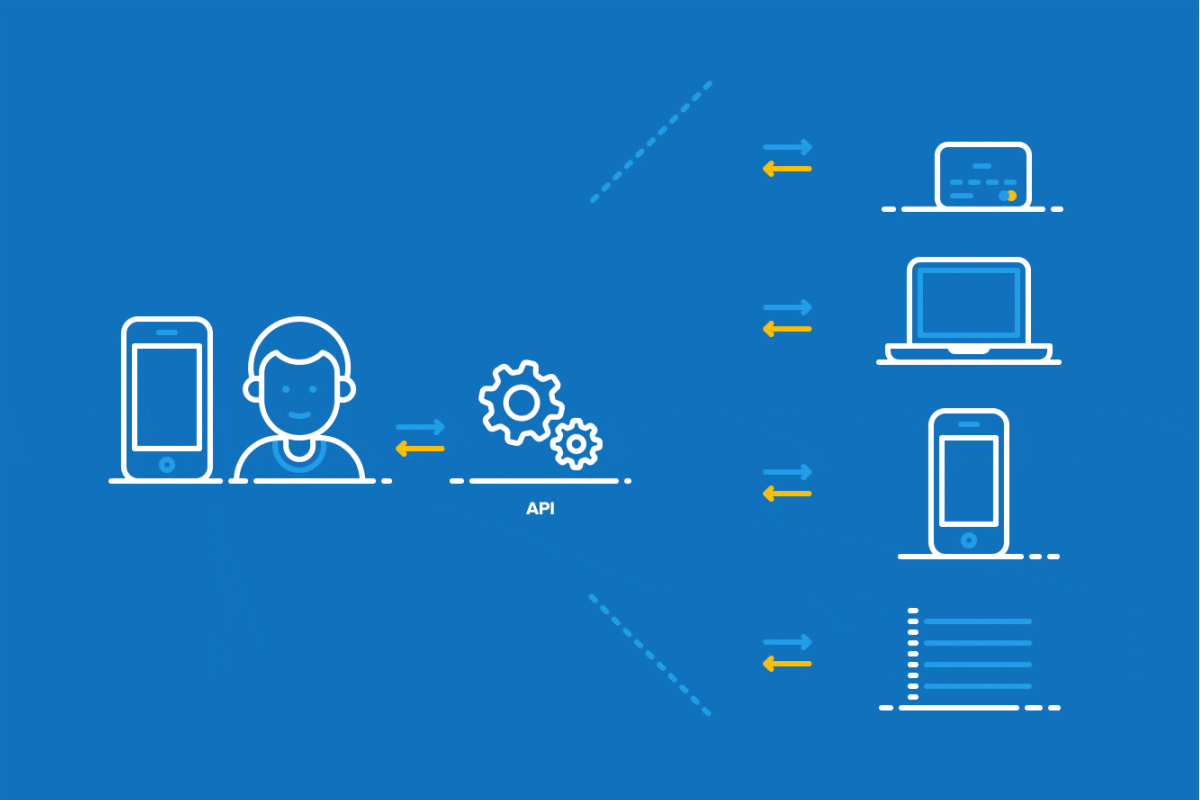Last updated on April 1st, 2024 at 08:29 am
Understanding Blockchain
In simplest, blockchain can be understood as a digital ledger that keeps a record of transactions of high economic significance and it cannot be manipulated or corrupted.
So how’s that possible? Well, the construct of blockchain is such that any data is store on thousands of serves and everybody who has access to that blockchain can find out about any changes made to the document. Firstly, it doesn’t allow changes on a later date and secondly, it keeps track of all the activities carried out on that digital ledger.
Blockchain training uses a distributed ledger system that is highly decentralized and shows all information and updates in real-time to all the users that have access to a particular block.
uses a distributed ledger system that is highly decentralized and shows all information and updates in real-time to all the users that have access to a particular block.
Each block in the blockchain carries the number of transactions and a new record is formed when new transactions are recorded.
One of the most prominent and oldest uses of the blockchain application was evident in Bitcoin that is a cryptocurrency using blockchain technology to facilitate transactions. Since then, there have been many new applications of blockchain technology.
Blockchain in Banking
The blockchain technology is still in its nascent stage and there is much to be discovered about this technology. Bitcoin introduced the blockchain technology to the world but its tremendous potential led to new applications of this technology and opened new avenues for growth using blockchain.
Businesses in multiple industries are using the blockchain technology to reach new markets and boost profitability. One of the industries that have drastically transformed with the advent of this powerful technology is the banking sector.
Let’s delve deeper into how blockchain is helping the banking industry to overcome the challenges.
- Quicker Transactions
In the contemporary digital era, customers are used to faster services that don’t take more than a few minutes to materialize.
 Now one of the major challenges faced by the traditional banking systems is that it takes more than the necessary time to settle financial transactions carried out between two parties. The average time taken earlier was between 1to 3 days.
Now one of the major challenges faced by the traditional banking systems is that it takes more than the necessary time to settle financial transactions carried out between two parties. The average time taken earlier was between 1to 3 days.
This processing time will not be entertained by customers in the present. Blockchain is a highly decentralized technology that eliminates mediators to verify and process the transactions. Banks can effectively use blockchain to reduce their processing time and enable faster transactions.
- Fraud Detection & Enhanced Security
The traditional banking system is full of loop-holes that are used by cybercriminals to leak vital information, hack bank accounts and carry out fraudulent transactions.
 Identity theft is also a common problem in the modern digital age. Banks need better protection against these cybercriminals to detect fraud and eliminate the chances of data leakage.
Identity theft is also a common problem in the modern digital age. Banks need better protection against these cybercriminals to detect fraud and eliminate the chances of data leakage.
Blockchain solves this problem to a great extent as it uses cryptography and decentralized system to record financial data.
This minimizes the probability of data leakage and manipulation to a great extent. This makes blockchain indispensable for the banking system when it comes to securing financial transactions and vital data.
- Better Data Quality
Data quality improvement is certainly one of the most important benefits of using blockchain technology in banking. Traditionally the banking related data was stored by banks in multiple locations with different parties having access to each.
 This allows easy data manipulation without any repercussions but given the blockchain highly decentralized structure it is almost impossible to manipulate data without being caught.
This allows easy data manipulation without any repercussions but given the blockchain highly decentralized structure it is almost impossible to manipulate data without being caught.
Systematic storage of data without any user-bias makes it more authentic and helps banks to better target customers and increase their profitability. It also instils more accountability in the whole banking process.
- Cost minimization
Yet another important benefit of blockchain that has been changing the banking industry drastically is its cost minimization benefit. The traditional banking system involves a lot of intermediaries to process and facilitate financial transactions.

Blockchain helps to remove all these unnecessary financial intermediaries and reduces the cost drastically which resulted due to increase involvement of middlemen. Smart Contracts are being used by banks to reduce administrative charges and enforcing contracts.
A smart contract automatically executes and enforces legal actions as per the terms and conditions of the contract.
- Better Financial Inclusion
Financial inclusion has been a major challenge, especially in developing countries where there is a high population living below the poverty line. These people fail to open a bank account or avail other financial services due to high fee and associated costs. Blockchain technology eliminates all irrelevant mediators and helps to drastically reduce the cost associated with carrying out financial transactions.
This will help more people to avail banking-related facilities and help bring more financial inclusion. In addition to this, it also helps small players in the industry to compete against the big banks and gain a fair share of the market. Blockchain in the digital age will surely boost financial inclusion.
Banking has always been a preferred career option for the majority of people who want to build a long-term successful career with rewarding perks. A career in banking today requires more than just traditional banking skills.
One can opt for the Imarticus banking course to obtain knowledge and skills relevant in the contemporary banking sector.
It will help to boost your job prospects and give you an edge over the competition. Imarticus banking training also guarantees job assurance with the most reputed players in the banking industry.

